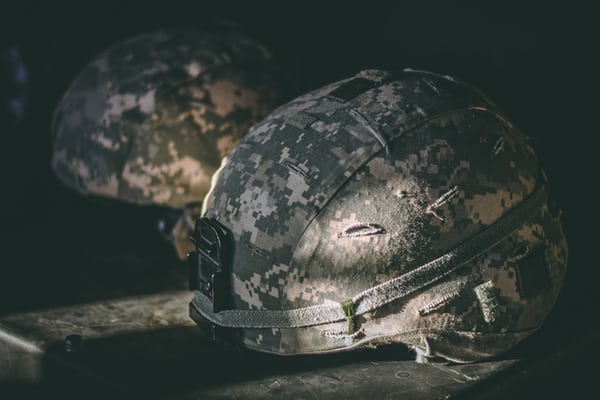What are they?
There are five United States Military academies, all dedicated to providing a college education and military training to those who want to serve their country after graduation. They include the Military Academy in New York; the Naval Academy in Maryland; the Air Force Academy in Colorado; the Coast Guard Academy in Connecticut; and the Merchant Marine Academy in New York.
What do they offer?
All are four- year colleges that offer Bachelor’s degrees. They are also completely tuition-free…with the the condition that graduates must serve for five years of active duty and three years of reserve duty in a branch of the U.S. military. In the case of the merchant marine academy, five years of equivalent service in the U.S. Merchant Marine or a civilian role is required. This effectively means that all of the military service academies come with guaranteed employment after graduation as well as graduating debt-free.
One of the key similarities between all of these institutions is the incorporation of physical and leadership training into the curriculum. All students must participate in a sport each semester, whether at the varsity, club, or intramural level. There are also rigorous physical requirements both for admission into the colleges and graduation from them. As military academies, each also has a large part of the syllabus dedicated to training in the specifics of military service in their respective branch, as all graduates enter immediately into an officer role when they enter into the military.
Student life
Student life at the military service academies is unlike anywhere else. Students are enrolled in active duty as soon as they enter the colleges. This means their behavior is held to the same standards as any other member of the military. The days are carefully scheduled, and students must abide rigid guidelines for cleanliness, organization, and discipline. Anyone entering into a service academy must be prepared for four years of rigorous and regimented training, which can be extremely mentally and physically taxing for those not used to following orders at all times. Understand that you, and everyone around you, are there to serve.
Eligibility
To be eligible to enter any of the military service academies, you must be a United States citizen, be unmarried with no dependents, and be at least 17, but less than 23 years of age by July 1st of the year you would enter the academy.
Tips for Applying
Be prepared for extensive requirements.
The admissions process for military service academies is unique. It combines academic, leadership, and physical assessment. All of the academies are extremely selective, with admissions rates ranging from 7-20%, so it’s important to have a high GPA, test scores, and ability to demonstrate leadership and athletic ability through varsity sports, extracurriculars, and other activities. Another noteworthy element: all service academies apart from the Coast Guard Academy require a nomination from either a member of congress, the Vice President, or the President.
Don’t worry if you don’t know your congressman personally; most of them will have a formal process set up for nominations, so contact their office or check their website. Here is a link to the U.S. Naval Academy’s web page with resources to reaching out to the representative in your home congressional district. The important thing is to get started early since there are so many moving parts!
All of these applications are thorough and some (such as the Naval Academy) will require you to go through a physical aptitude test, where a good score can be helpful for admission. Athletic and leadership achievements are also highly relevant, so make sure that you can demonstrate athletic ability and leadership experience, for example by captaining your varsity team.
Make sure that you’re fully committed to attending before you apply
The service academies are all extremely demanding, and if you’re not prepared to make it through and serve for five years afterwards, you might find yourself having to foot the bill for your tuition if you drop out midway. If you’re unsure whether the lifestyle and experience of the service academies are for you, many of them have high school summer programs where you can get a taste of the experience. ROTC is also a great option if you want to join the military after graduating, so make sure you look into all different opportunities.
Don’t give up
If your grades aren’t up to par, or you don’t get accepted on the first try, don’t give up! After all, perseverance is a crucial skill in the military. The Army, Navy, and Air Force all have preparatory schools where candidates can do a postgrad year after high school in order to prepare for admission into the service academies.

